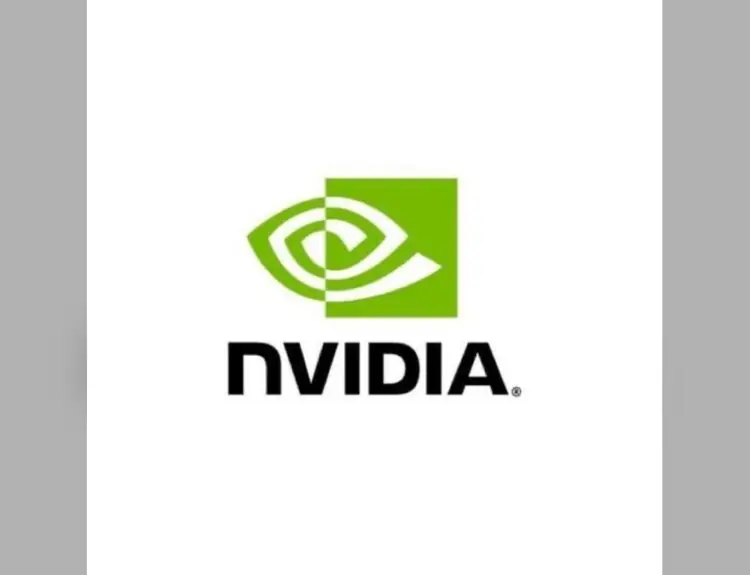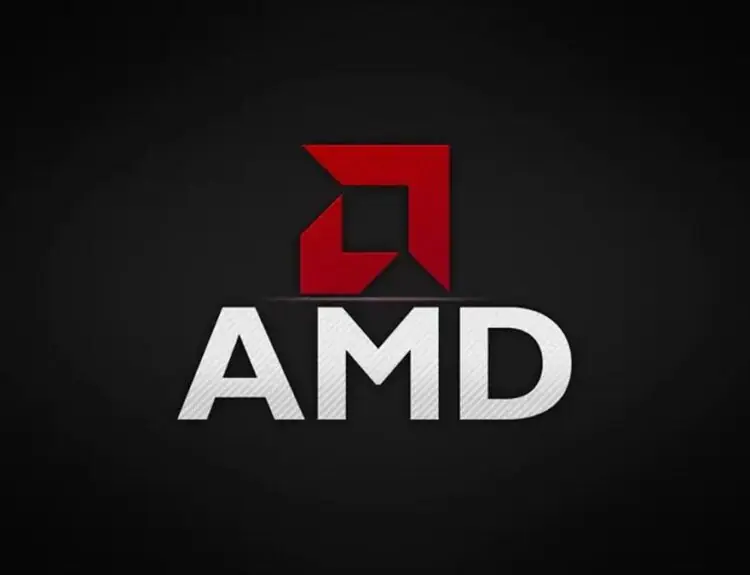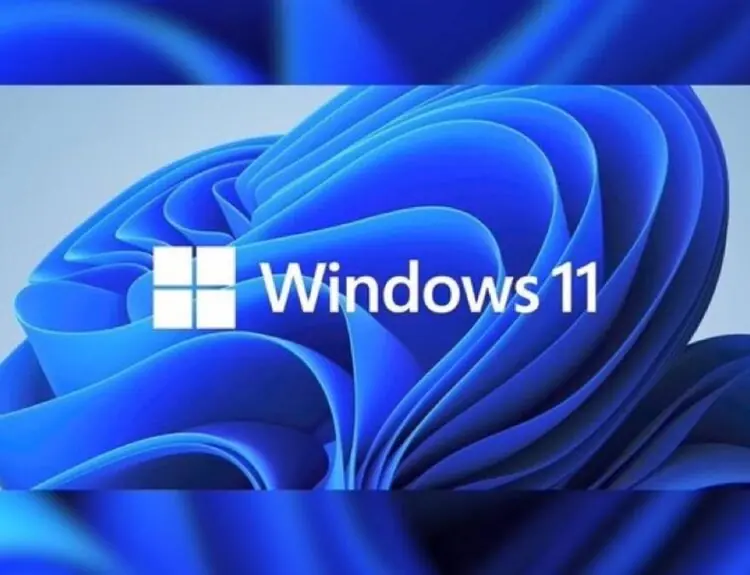Intel has quashed all speculations about the tech company skipping 10nm and going straight to 7nm architecture.
The whole thing started when Insiderkreisen told Andreas Schilling that Intel dropped its plans for the 10nm.
The report said that in 2019, Intel releases the Cascade Lake-X to be followed by Comet Lake-S in 2019/2020. After Comet Lake-S comes the Rocket Lake-S, which will be released in 2021.
Both the Comet Lake-S (9.5gen) and Rocket Lake-S (12gen) will still be built on the 14nm process. And they are meant to fill the gap as Intel works on the 7nm process.
As a result, Intel will drop the planned Tiger Lake-S and Alder Lake for 2021 and 2022. Both processors are built on the 10nm process.
Now, this is not the usual run-of-the-mill rumor because Insiderkreisen has proved his worth in the past. Also, the statement has enough truth in it that people ran away with speculation. In the statement, Intel said that, on the contrary, their 10nm development is making “great progress.”
But Intel has finally issued a statement quashing the rumor before it will gain more traction. The statement said their current roadmap includes 10nm processors for desktop computers. For instance, its 10th gen processors for mobile devices deliver twice the graphics performance without eating too much power.
In a previous interview, Murthy Renduchintala, Intel’s chief of systems architecture, said they have a little legroom to work with. The intra-node capability of their Intel’s 14nm process allows them to deliver more than 70% improvement in performance. Because Intel products remained competitive, they can take their time on the next-gen processors.
Renduchintala said that they are confident they can sustain their leadership “in the next 12 to 18 months.”
The interview was published on May 17, 2018, so Intel’s window–based on his timeline–is closing.
While Intel is still working on the 10nm, rival AMD is reportedly launching the 7nm chips at CES next year. The 6-core Ryzen CPU is designed for gaming laptops and expected to replace the current 12nm Ryzen 7 3750H.
At this point, however, it’s just a marketing ploy as there’s not much difference between AMD and Intel’s chips. In fact, Intel is reportedly running problems with 10nm because the nodes are 50% denser compared to AMD’s 7nm chips. Most experts believe that TSMC or Samsung’s node technology could never match Intel in that regard. The 14nm from Intel could compete with any of the 10nm chips in the market today.






